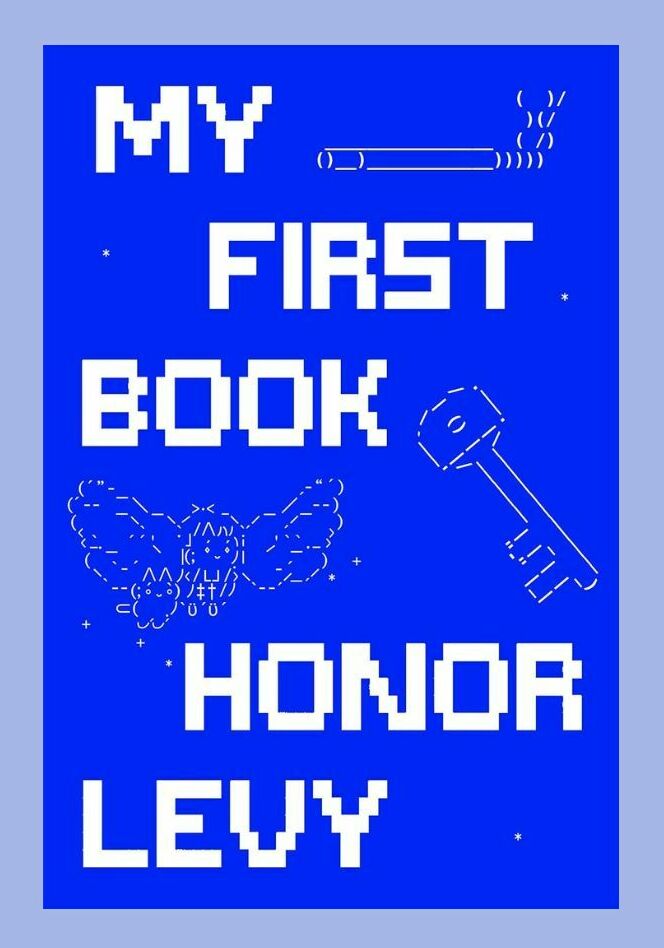Readers won’t find meticulously plotted story arcs, fleshed-out characters, emotional epiphanies, or any other earmarks of conventional literary fiction. Most of Levy’s stories run fewer than 12 pages and feel like very long flash fiction, written in a voice dense with the chaotic patois of the internet. In her strongest stories, Levy channels the blitzkrieg of contradictory micro-observations we absorb from social media, video games, and doomscrolling to create the absurd, incomprehensible cacophony that anyone born after 1997 had to grow up enduring. These stories seem to ask: How can anyone expect a well-adjusted adult to rise from all this noise?
In “Internet Girl,” the main character is 11 and very online, and Levy’s portrayal of her narrator’s interiority is both compellingly satirical and frighteningly plausible. She writes:
It’s 2008, and my dad gets laid off and everything is happening all at once. All at once, there are two girls and one cup and planes hitting towers and a webcam looking at me and me smiling into it and a man and a boy and a love and a stranger on the other end. All at once, there are a million videos to watch and a million more to make. All at once it’s all at once. It’s beginning and ending all at once all the time. I’m twenty-one. I’m eleven. I’m on the internet. I’m twenty-one.
Another strong piece is “Love Story,” the collection’s opener, which is about a boy and a girl having an online relationship that seems to consist entirely of texting and sending pics of their bodies to each other. Levy poignantly captures the girl’s vulnerability. “Little girl lost can’t even find herself,” Levy writes. “Pictures of her naked body are out there everywhere, in the cloud floating, and under the sea, coursing through cables in the dark. It’s so dark.”


